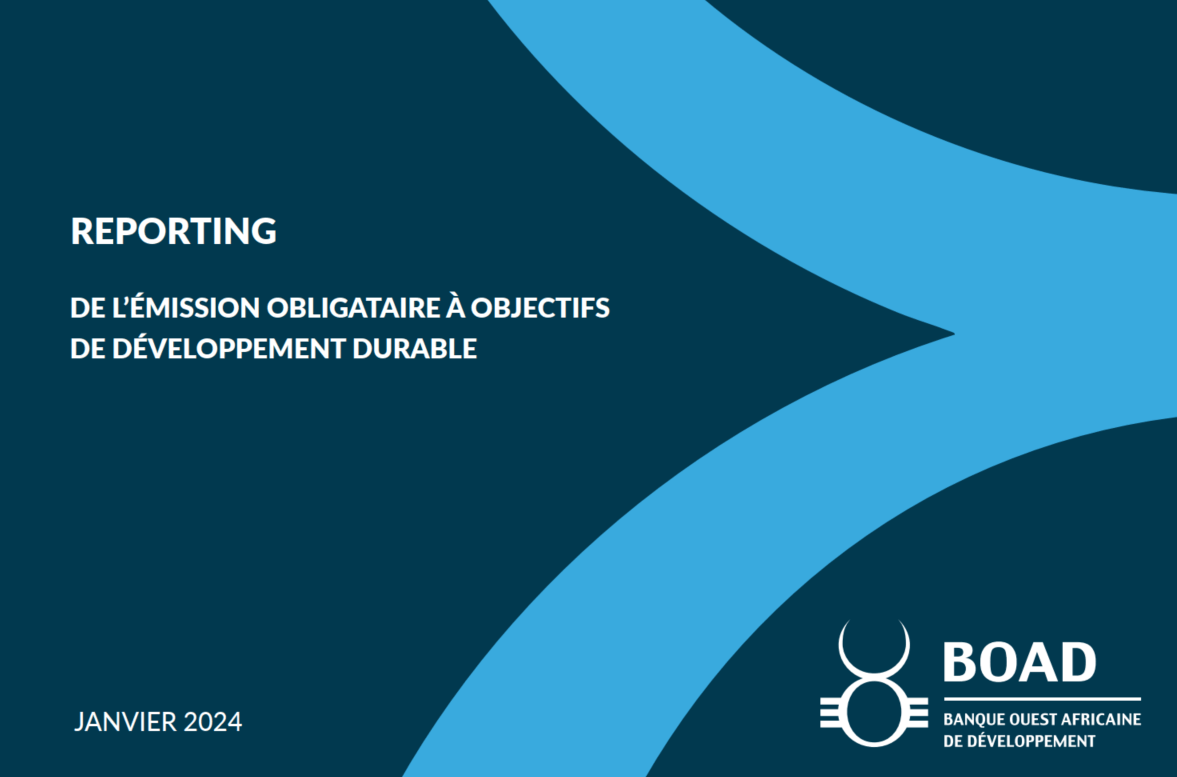Gender policy
Latest publications

GENERAL ORGANISATION CHART – NOVEMBER 2025

GENERAL ORGANISATION CHART – April 2025

EOI ARAA/AIC-BOAD/2025/AMI/017 - Selection of consultants for works supervision

SUSTAINABILITY BOND REPORTING

ADDENDUM N°01 - DAOI N°003/AT2ER/PER 172/PRMP/2025 – Supply and works for the rural electrification of 172 localities in Togo
